Being interviewed can be a stressful experience, but there are many ways in which you can manage your anxiety and present your best self. In Stress Awareness month we asked James Capell-Abra of Stress Matters for his advice on handling the interview process.
Why does an interview situation makes us anxious?
Anxiety is a very natural reaction and is often based on fear – either of failure or of rejection. Anxiety before an interview can happen at all levels of experience, and the degree to which someone will feel nervous may depend on their experience of interviews in the past.
If you have little experience to call upon it is natural to feel a lot of anxiety. The more experience you have the more you may get comfortable with interviews. But as your career develops, potentially the stakes around being successful in an interview are higher. Maybe you have a mortgage or a family to support and then you can also feel significant anxiety around interviews.
I have also seen scenarios when people have been in a company for many years and climbed up the corporate ladder. Perhaps they have been made redundant and are looking to be interviewed in another organisation. They don’t always feel confident in this situation, and an interview is a place to be very confident, so this is also stressful.
We vastly underestimate how important those twin fears of failure and rejection which can subconsciously be a source of a lot of our anxiety.
Is there anything positive about anxiety?
Anxiety is our body’s way of trying to tell us something and put us on the alert. Historically this means being alert to physical danger, but of course this doesn’t apply in an interview situation.
If you are feeling anxious, it demonstrates that you care about the interview. Your inner voice may be saying: “I need this job, everything is hinging on this job, I have to perform, I don’t know what I’ll do if I don’t get it.” If we let the anxiety take over this will come out in the interview.
So how can we prepare in advance?
I advise people to try and re-frame their anxiety to be a positive experience. Say to yourself: “I’m feeling excited about the opportunity, so what can I do to prepare?” Use it as a motivator and get in the mindset to prepare thoroughly.
I would advise that you do your research on the employer and talk to your recruiter for their up to date insights on the team you are applying to. Think also about the questions you may be asked and how you can present your career in the best way to answer those questions.
And once you’ve done enough preparation, then stop. If you keep going you can suffer from paralysis by analysis, you can have too much material. The more we read and consume, the more anxious we can become so don’t over complicate matters.
Is it ok to say that you are feeling anxious?
I would try to avoid it, there are better things to say. For example “Can I take a moment to think about that answer?” shows that you are considered and thoughtful.
If you are experiencing mental health conditions or are neurodiverse, you may want to declare this before your interview. For example you may say “I do live with a mental health condition, so I experience higher levels of anxiety in an interview. It would be really helpful if…” and you can ask the interviewer for the information you need. It might help to have lots of detail about the interview process or the panel, for example.
How else can we prepare?
Anxiety is a physical reaction so if we focus on our physiology when we are experience anxiety we can be more in control of it. I always recommend that people get enough sleep, and focus on hydration and good nutrition – it’s very straightforward advice but it really makes a difference!
What can we do on the day?
A good exercise to do to reduce anxiety is Box Breathing. Simply imagine a box in front of you. Then imagine you are breathing up one side of the box, do that for a count of 4. Then hold the breath for 4, across the top, then breathe out for a count of 4 down the other side. And finally hold for 4 along the bottom. This very simple technique is something you can do on the way to the interview, or sat in reception waiting to be called.
What to do if you feel anxious in the interview?
It’s easy to feel anxious if you feel you are not in control. It’s easy to keep talking and go off at a tangent, and then you can feel the interview slipping away. So a key tip is to try to stick very specifically to answering the questions. Keep to a couple of key points and demonstrate the value you can add. Then ask if the interviewer would like another example, rather than keep talking.
Is there anything we can do after the interview?
Definitely. I recommend that everyone take time to reflect and learn from the interview straightaway, ask what you can learn and what you would do differently another time. Try to be really objective, ask yourself, if I was the interviewer how would I have come over? Was there a question that I hadn’t prepared for which I could have anticipated?
If you have learned from the experience, you can reduce anxiety while you wait for the outcome, and you have put yourself in a good position for the next interview experience.
To connect with James, you can find him on LinkedIn. Stress Matters is a workplace wellbeing consultancy which works with clients in diverse sectors to build flexible wellbeing that make an impact.





